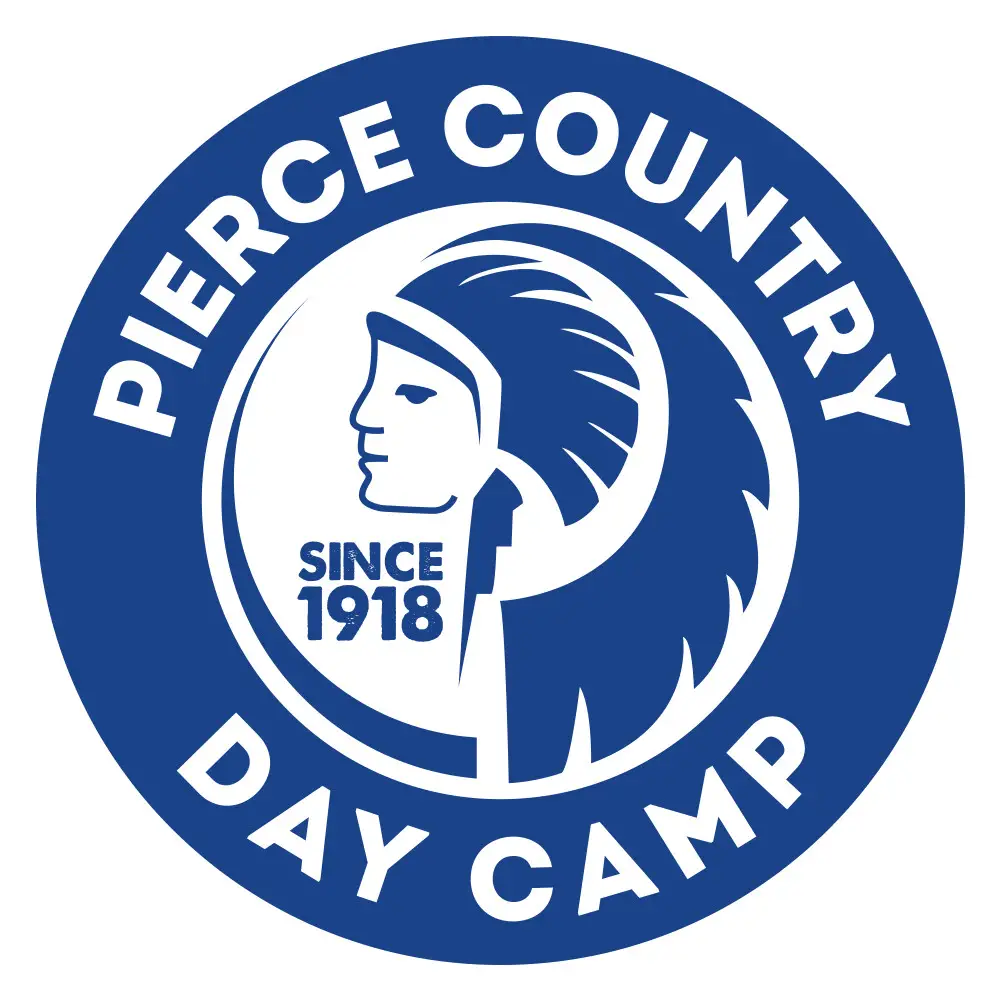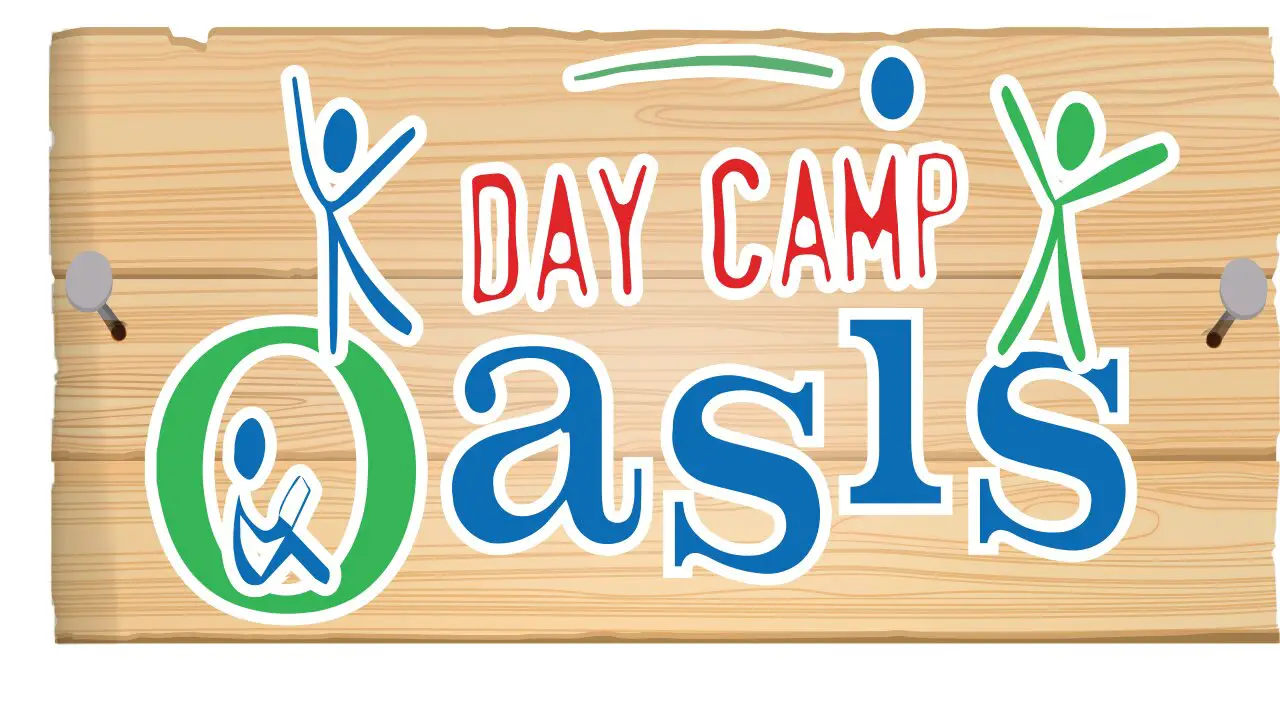Coach to Coach: How to Make Your Child's Sports Season a Success
Get kid-friendly activities sent to you!
Get the Best Kid-Friendly Activities
Sent to You Weekly!
Assistant coaches are great to ensure little Suzie's teeth don't get bashed in by a wayward bat, or to stand just past the infielders to discreetly kick-stop any balls from hurtling too deep into the outfield. They can also help kids engage in activities, because the key is changing activities frequently - which you can't do without enough coaches to explain situations and to rotate kids through different drills.
Also, some coaches feel the need to stretch, warm-up, condition and cool down. Conditioning, in my mind, is overrated. If you're only practicing one or two times a week, taking valuable skill and playing time with wind sprints and push-ups seems like lost time. Most of the kids I've coached have boundless energy, so I'd rather put that to use by getting them to run around on the playing field building skills.
If parents get upset about decisions you make, from playing time to how you run practice, how should they address them?
I always encourage parents to come to me directly with their issues. That way we can at least deal with it. We won't always come to agreement, but at least we know where each other stand. If someone is withholding their concerns, then problems can build, and then dinner-table discussions happen in front of the child, and everything gets worse.
What are ways parents can improve their children's experience?
The worst thing is when parents' competitiveness and feelings of unfairness interfere with the sense of "team" I'm always trying to build among my players. If a kid notices their parents' unhappiness, then the kid will internalize that, and that can become cancerous.
What tips do you have for first-year coaches, especially those who coach their own children?
Check your Division I scholarship dreams at the door. Coaching your own kid is tough, and anyone who says otherwise is not being truthful. Parents tend to hold their children to a higher standard, and your history with them inevitably invades the practice field. My best advice is to step back and evaluate them fairly - but that's much easier to say than do!






